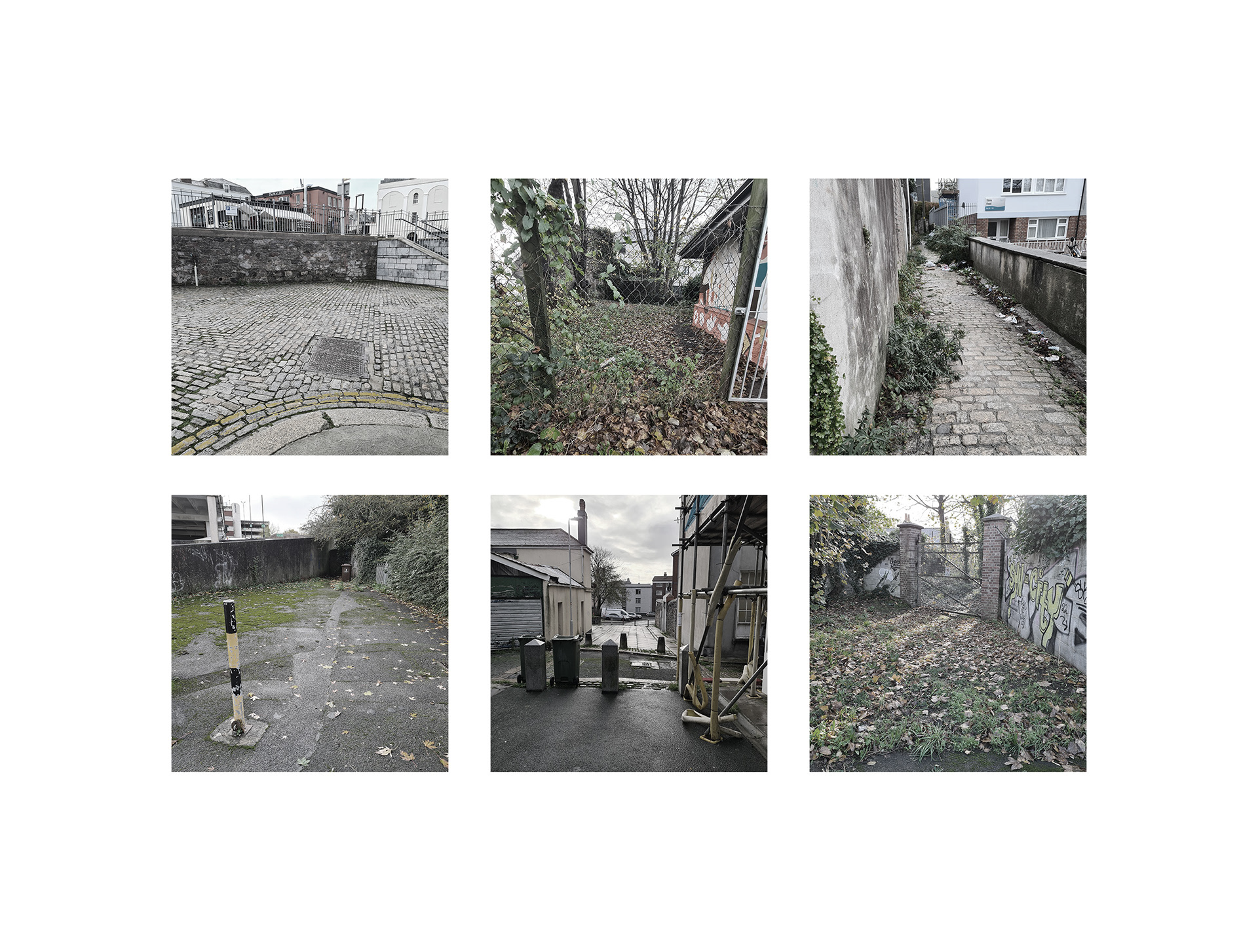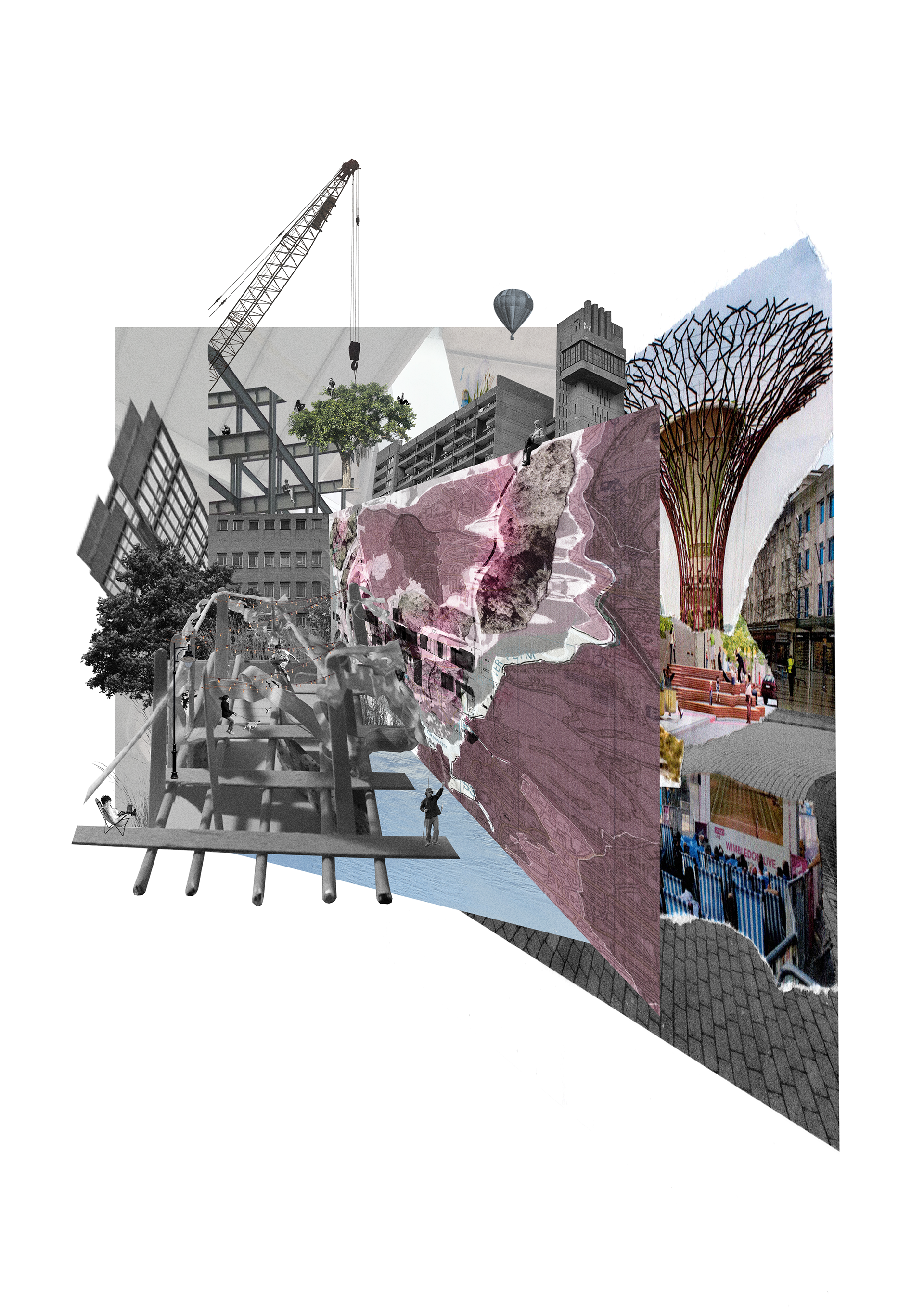This dissertation addresses the growing commodification of European cities’ economic
and environmental issues caused by extractive capitalism to examine the potential for
organised stewardship networks to utilise neglected interstitial spaces. This draws on
the political science discourse to establish where stewardship could take place, using
the commons and defining in-between interstitial spaces to determine what could occur
within them. I will use the works of multiple authors across disciplines to collate potential
theoretical approaches which could be applied, highlighting opportunities for change and
in what form these could take. By briefly comparing these theories against case studies
within European cities, I will extract characteristics of existing projects to explore how,
through local activism, community control of public spaces and de-commodified public
and private realms could occur. The examination of these case studies will also be used
to propose a site for opportunity within Plymouth, using photography to visualise early
conceptual understandings and proposing future research studies. The research concludes
by demonstrating approaches to how a new ecosystem of citizen ownership within the
commons can be created where the needs of the people are met and democratic governance
of institutions, processes and physical entities is ensured.
and environmental issues caused by extractive capitalism to examine the potential for
organised stewardship networks to utilise neglected interstitial spaces. This draws on
the political science discourse to establish where stewardship could take place, using
the commons and defining in-between interstitial spaces to determine what could occur
within them. I will use the works of multiple authors across disciplines to collate potential
theoretical approaches which could be applied, highlighting opportunities for change and
in what form these could take. By briefly comparing these theories against case studies
within European cities, I will extract characteristics of existing projects to explore how,
through local activism, community control of public spaces and de-commodified public
and private realms could occur. The examination of these case studies will also be used
to propose a site for opportunity within Plymouth, using photography to visualise early
conceptual understandings and proposing future research studies. The research concludes
by demonstrating approaches to how a new ecosystem of citizen ownership within the
commons can be created where the needs of the people are met and democratic governance
of institutions, processes and physical entities is ensured.







